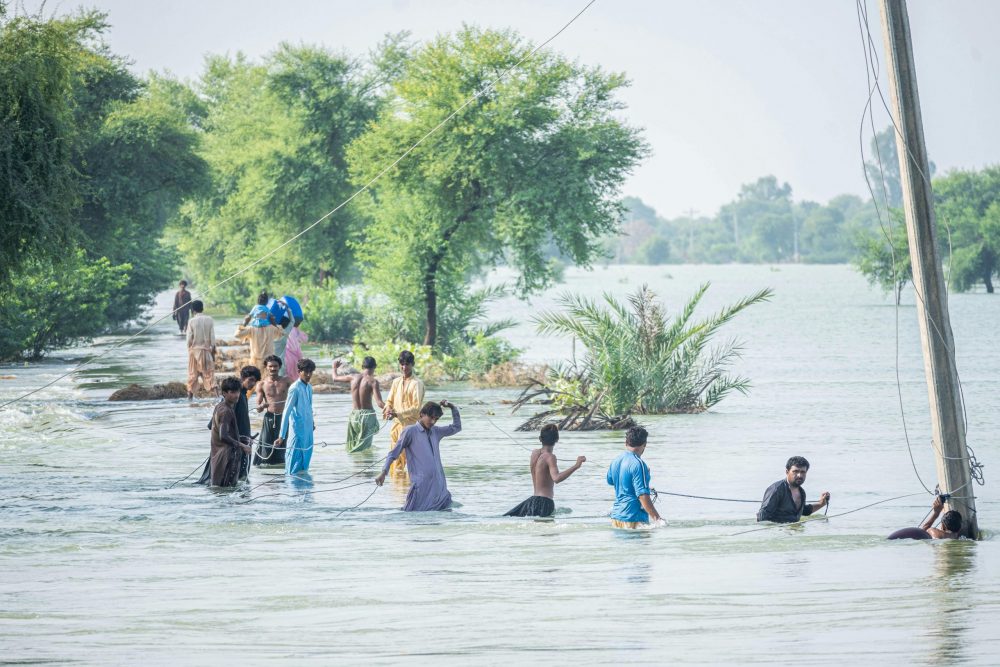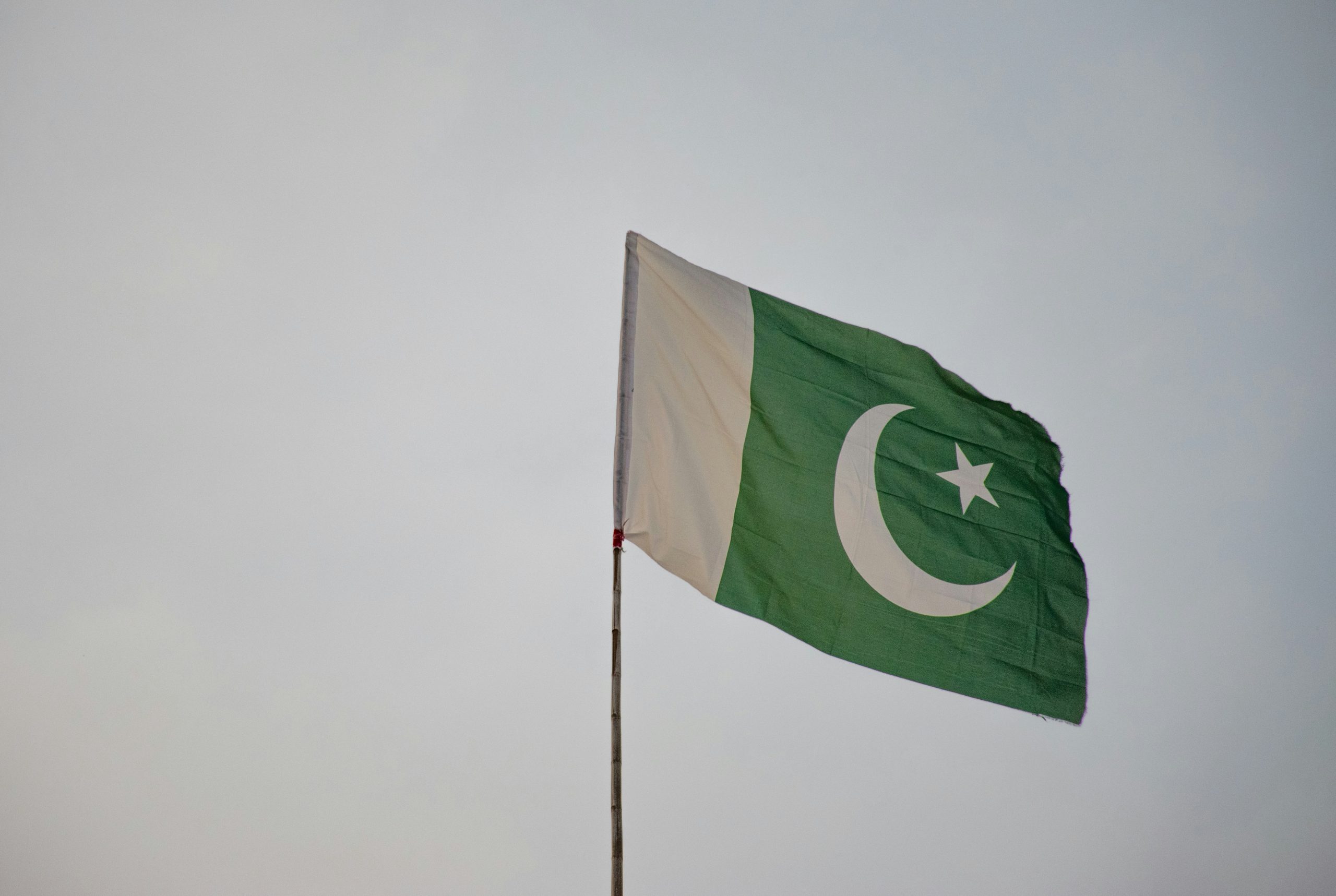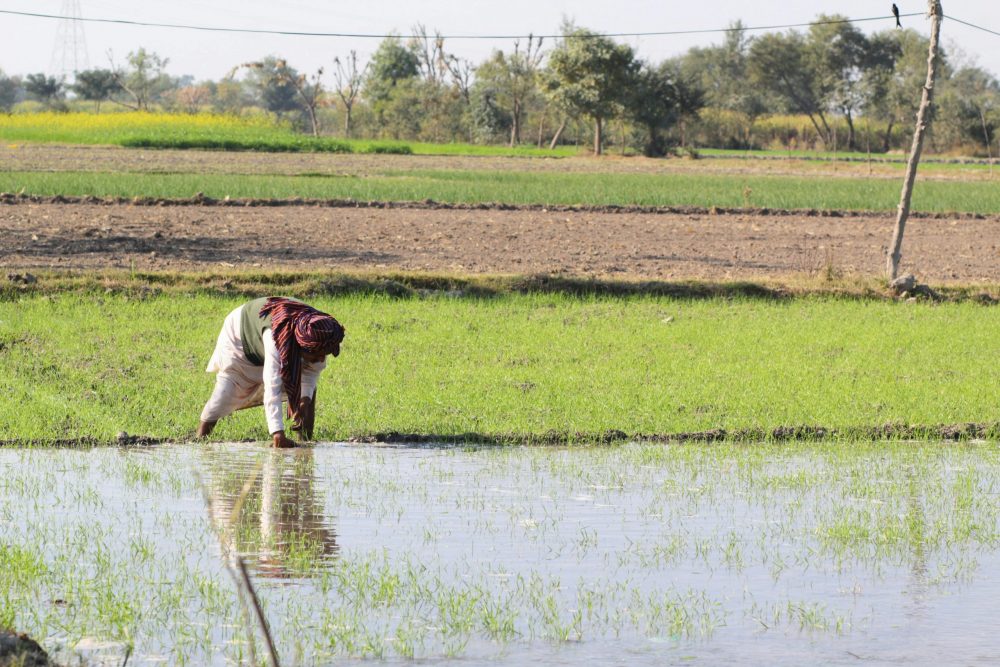This blog is based on the discussion at a policy dialogue event hosted by CDPR which explored the future of Lahore. Participants included architects, government representatives, urban planners, academics and representatives from advocacy groups. This was the first in a series of talks on the future of Lahore and served as a scoping session to identify key aspects which are pivotal to the city’s growth and development.
In recent years Lahore has consistently ranked as the most polluted city in the world; the poor air quality has become a national health emergency significantly increasing the incidence of cardiovascular issues and has resulted in the shortening of an average Lahori’s life expectancy by six years. Unchecked expansion of the city due to rapid urbanization coupled with poor urban planning has led to the degreening of Lahore. A city previously known as the “City of Gardens” has lost 75% of its green cover in the last 10 years. Moreover, the UN Population Division has predicted that by 2025 nearly half of Pakistan’s population will be living in cities and Lahore’s population is expected to rise to 10 million from 7 million. This rising population density will amplify the pressure on existing resources and consequent environmental degradation. Hence it is crucial to take action now to limit the expected adverse impacts this rapid urban growth will have and to ensure that Lahore grows into a resilient city.
International Commitments
The realization that practices which compromise environmental integrity will have disastrous consequences came long before the crisis reached its current crescendo. This is reflected in the State’s decision to become a signatory to several international treaties that aim to curtail the climate disaster. Pakistan has signed the 1992 United Nations Framework Convention on Climates Change (UNFCCC), the objective of which is the stabilization of greenhouse gas concentration in the atmosphere at a level that would prevent dangerous anthropogenic interference with the climate system. Additionally Pakistan has ratified the Paris Agreement and is hence committed to reducing its greenhouse gas emissions. Pakistan is party to the 2001 Stockholm Convention, which is a global treaty to protect human health and environment from Persistent Organic Pollution (POP). Pakistan has also joined the global community being a party to the 1985 Vienna Convention on Protection of Ozone Layer hence having agreed to adopt “appropriate measures” to prevent activities that harm the ozone layer. Pakistan is additionally a signatory of 1990 International Oil Pollution Preparedness, Response and Cooperation; a framework designed to facilitate international co-operation and mutual assistance in preparing for major pollution incidents involving hazardous and noxious substances, i.e. chemicals. Moreover, Pakistan has committed to achieving UN’s Sustainable Development Goals (SDGs) of which SDG 3.9: (Reduce illness & death from Air, Water & Soil Pollution) and SDG 11.6 (Reduce Environmental Impacts caused by Air Pollution) are focused towards environmental protection.
Local Commitments
The State does not only have international obligations to take immediate action, but an immense responsibility to fulfill the basic rights of the people of Pakistan. Article 9 of the Constitution of Pakistan which evokes the fundamental right to security “no person shall be deprived of life or liberty, save in accordance with the law” and Article 14 which evokes the fundamental right to dignity “The dignity of man and, subject to law, the privacy of home, shall be inviolable” necessitate that actions be taken to liberate the very basic element of life which is access to clean air and environment.
Efforts to incite affirmative action at a local level have been ongoing since the 1990s. A brief history of policies and legal proceedings is discussed in the following section.

In 1997 the Pakistan Environmental Protection Act (PEPA) came into effect, through which the 1983 Pakistan Environmental Protection Ordinance was repealed, to provide a comprehensive framework for regulating environmental protection . The Act principally made provisions for administration of matters affecting the environment and, marginally, for environmental impact assessment and the handling of hazardous matters. It also defined environmental offenses and prescribed penalties for those offenses. Moreover, it created federal and provincial Environmental Protection Agencies (EPAs) to implement and supervise the rules and regulations under the Act. Consequent to the Act, the Pakistan Environmental Protection Council (PEPC) was created at the federal level. In December 1999 the PEPC revised the National Environmental Quality Standards (NEQS) and adjusted them based on Pakistan’s conditions and practice in South Asia; these standards became effective in August 2000. The following year, in 2001, the National Environmental Action Plan (NEAP) came into effect as an umbrella programme to address environmental concerns in a holistic manner. Some of the major achievements of NEAP included development of policies and strategies like National Environmental Policy (2005) and the National Sanitation Policy (2006).
In 2001 a public interest litigation, the first of several future litigations, was filed by Mansoor Ali Shah and three other people which resulted in the formulation of the Lahore Clean Air Commission. The commission presented its extensive list of recommendations six years later in 2007. The recommendations included that the provincial government introduce 4-stroke rickshaw engines, expand public transport, and adopt Euro II, Euro III, and Euro IV fuel and emission standards for motor vehicles. The Lahore High Court accepted these recommendations and directed the Punjab Government to implement them.
In 2009, the quality of drinking water in Pakistan was found to be extremely poor with bacterial contamination, lead, arsenic, fluoride and nitrate and resulted in the formulation of the National Drinking Water Policy. In 2012 the National Climate Change Policy (NCCP), which was considered to be a landmark in the Climate Change response in Pakistan, was approved. The policy comprehensively addressed all possible challenges of climate change adaptation and mitigation; and was sure to provide a rock solid foundational framework for ensuring climate change action plans, programs and projects.
In 2015, another public interest petition on smog and clean air was filed by Imrana Tiwana and Colleagues. The following year in 2016 yet another public interest petition on smog by Walid Iqbal was filed. Consequently, in 2017, a smog commission, chaired by the eminent lawyer Parvez Hassan, was made; in its recommendations the commission proposed an action plan to control smog. The Commission made a number of recommendations in May 2018 including the immediate adoption and implementation of the Punjab Clean Air Action Plan, establishing Smog Response Desks at district levels, adoption of appropriate technologies that reduce emissions of harmful pollutants from brick kilns. Unfortunately, implementation, if at all done, has been weak.
The following year, in 2018, the Punjab Water Policy was notified. The objective of this Policy was to provide clear policy directions to the Government of Punjab on the sustainable management and development of water from all sources of water, for all sub-sectors of water use and for all regions at the basin level through equitable water allocations, management and development. Emissions data indicates that 46% of Pakistan’s emissions come from the transportation sector; hence In 2019, the National Electric Vehicle Policy was developed to mitigate the airborne emissions. In 2021 the National Climate Change Policy was updated with the goal to ensure that climate change is mainstreamed in the economically and socially vulnerable sectors of the economy and to steer Pakistan towards climate compatible development. It includes policy measures to address issues in various sectors such as water, agriculture, forestry, coastal areas, biodiversity and other vulnerable ecosystems. Furthermore, the updated Policy document has been designed in accordance with the requirements of the Paris Agreement on climate change, Sustainable Development Goals and Sendai Framework for Disaster Risk Reduction. Hence, appropriate measures relating to disaster preparedness, capacity building, institutional strengthening; technology transfer and international cooperation have also been incorporated as important components of the Policy.
In 2022, as a result of a case pending before the Honourable Lahore High Court, a Judicial Water and Environmental Commission was formed which convenes each week. The commission’s goal is to protect the Fundamental Right to Life of the Public, to ensure that the Government Functionaries implement the Directions given for the safeguarding of the environment, in view of scarcity of natural resources and climate change. The National Hazardous Waste Management Policy was also ratified in 2022. In 2023, the National Clean Air Policy was updated in 2023. In the same year, the National Adaptation Plan was developed. The plan provides a framework for implementing adaptation, promoting inclusivity, and facilitating collaboration among different stakeholders, and serves as an effective tool for climate finance mobilization. The plan lays out an adaptation strategy and priorities in seven key areas: the agriculture–water nexus; natural capital; urban resilience; human capital; disaster risk management; and gender, youth, and social inclusion.
Despite the existence of such extensive and holistic policies, decades later major stakeholders and interest groups continue to congregate in meeting after meeting, discussing the same issues and coming up with recommendations and action plans. This indicates that there is a major lag in the ability to implement, monitor and impose checks and balances. As illustrated above Pakistan has no dearth of strong rules and regulations but unfortunately these rules operate within a very weak institutional set up. Therefore, it is imperative that strict enforcement mechanisms are put in place. Additionally to manage rapid urbanization, strategic planning and sound management are needed; this will require a concerted and coordinated effort from the national and local governments, ideally in partnership with the private sector. This collaborative exercise should aim to formulate and implement a national urbanization strategy which prioritizes maintenance of cities’ environmental integrity.
The time for conversing about the climate crisis is long past us, it is now absolutely essential for all interest groups to come together and with renewed vigor and an unwavering sense of purpose act as a collective to exert pressure on state institutions to take the necessary actions to make Lahore and the rest of Pakistan’s cities more liveable.





